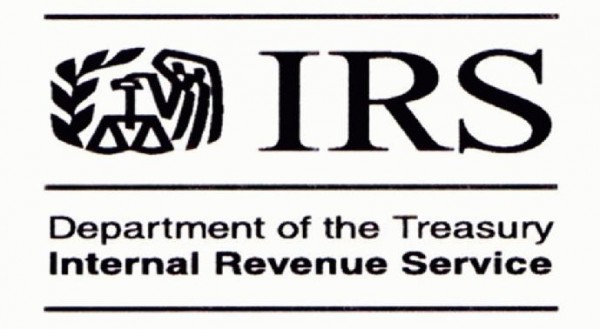Now that tax season is nearing an end, some people won’t have their hands waiting on a refund. Instead they’ll be getting their ducks in a row and trying to figure out how to pay the IRS back what they owe.
Now considering that the IRS is one of the biggest and baddest financial entities, there’s no room to play around with owing and they’ll want their money however you can get it. Whether you have to borrow on your credit card or take out a small loan, the IRS has got to be paid.
If you’re one of those that owe and are now wondering how you’re going to pay off your balance, below are a few options that may be available to you to help make things a little easier on you.
Of course the first option would be to go ahead and pay them if you have the money now, but if not, here are a couple of other options that may benefit you.
The Monthly Installment
With this option if you’re eligible, the IRS allows you to set up a monthly payment plan to pay off your balance. To find out if qualify for the payment plan option, got to www.irs.gov and fill out the online agreement application {www.irs.gov/Individuals/Online-Payment-Agreement-Application]. With the online process you’ll find out right away if you qualify and can avoid the long process of mailing in your application. Be mindful though because with this option interest continues to accrue on the tax debt until it is paid in full. Also, be sure that your payments are set at an amount you can afford so you don’t find yourself in even more of a bind with the IRS.
An Offer in Compromise
This option is extended to those under extreme circumstance who simply cannot pay what the full amount that they owe. According to the IRS, “an offer in compromise allows you to settle your tax debt for less than the full amount you owe, if you meet strict requirements. This may be a legitimate option if you can’t pay your full tax liability, or doing so creates a financial hardship. We consider your unique set of facts and circumstances: ability to pay; income; expenses; and asset equity. Generally, an offer will not be accepted if the IRS believes the liability can be paid in full as a lump sum or through a payment agreement.” If you want to be considered for this option go to www.irs.gov to prepare your preliminary proposal and see if you qualify [http://irs.treasury.gov/oic_pre_qualifier/].
No matter which route you have to take, be sure to read up on each option thouroughly so that you’ll know all of the ins and outs that come with each option. To be sure you making the right choice, it’s best to consult your tax preparer or a tax professional for advice before you proceed. Nonetheless, move as quickly as possible, because if you don’t pay…Uncle Sam will come for you and get what you owe one way or the other.




